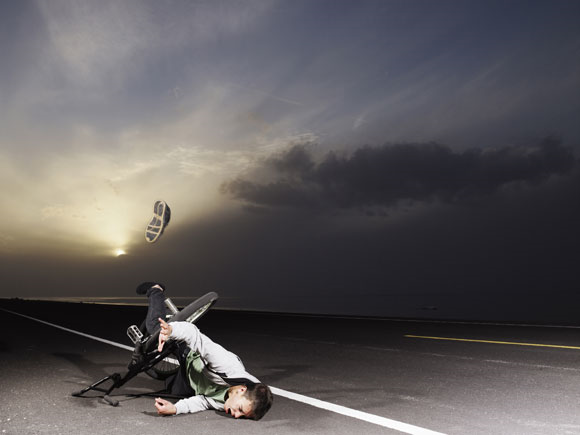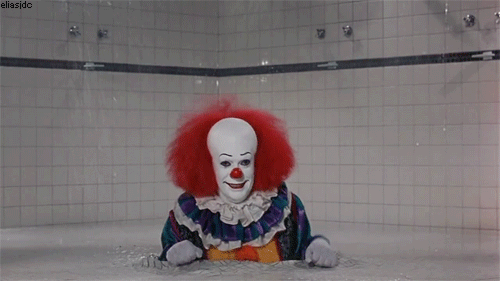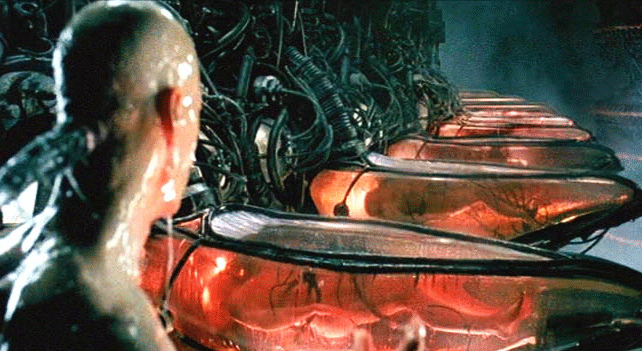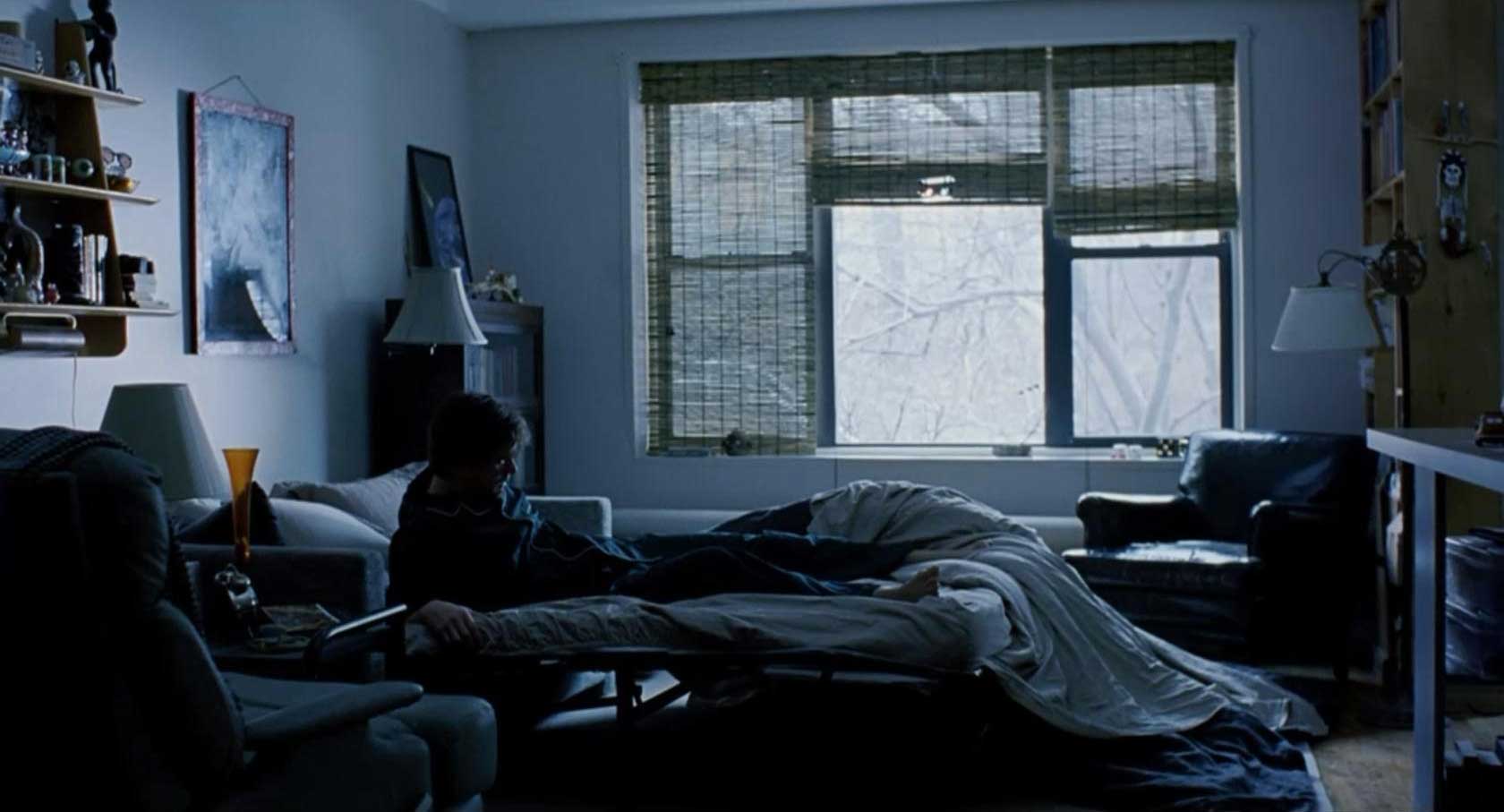
In a nifty experiment involving movement-mimicking robots and a brief time delay, scientists uncover a potential neurological basis for sensing ghostly phenomena. “The mismatched sensory and motor information confused their brains…If those…didn’t match up, my brain would revise its perception of reality to account for the discrepancies. Maybe I’m not inside my body at all, it might think. Maybe I’m over there.”






